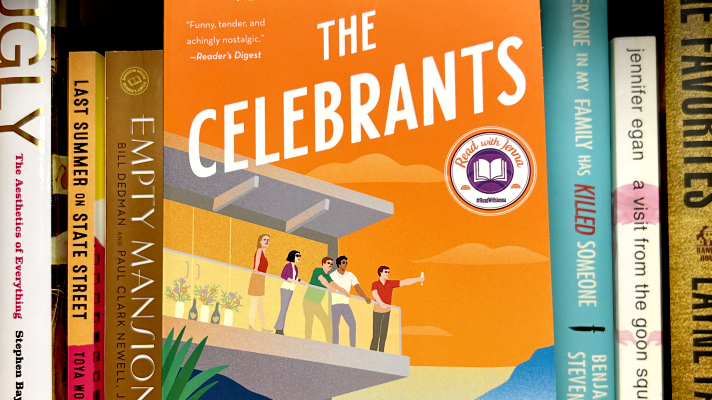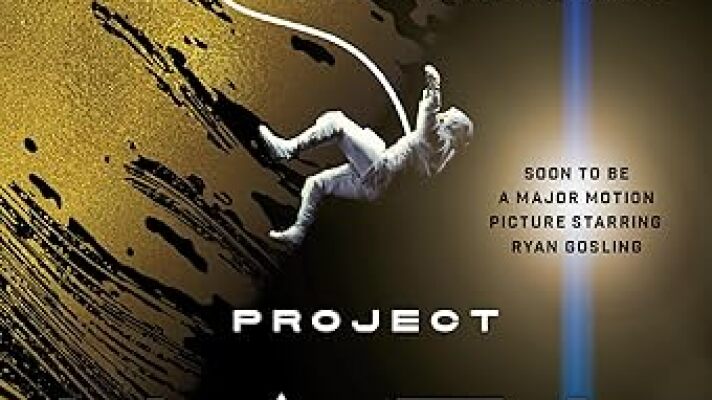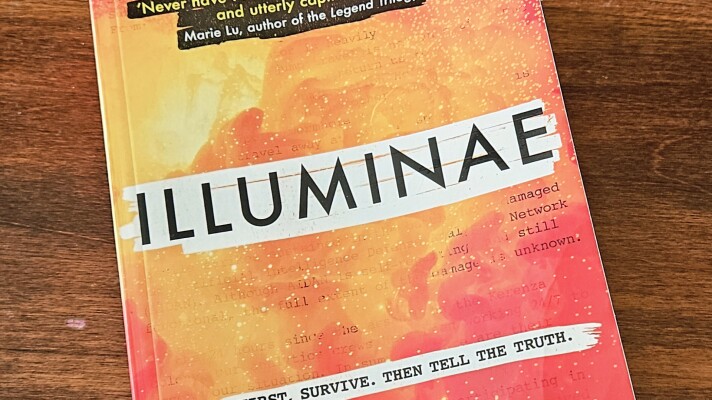In a letter from the year 1336, he claimed to have been the first to climb a mountain for pleasure. But you may also have the nineteenth-century Romantic poets to thank. They helped shift our view of mountains from demonic "vast, undigested heaps of stone" to objects of beauty, contemplation, and peace.
This is the kind of thing you learn in Stephen Bayley's book Ugly: The Aesthetics of Everything, the kind of coffee table book that your introverted uncle picks up during the holidays, sits down in a recliner in the corner, and reads, from start to finish. It is a truly fascinating book, with plenty of full-color illustrations, paintings, and photographs to accompany its provocative arguments.
In this book, Bayley seeks to answer a simple question with many complicated answers: what makes something ugly? Why do our perceptions of ugliness change over time? Is ugliness just the opposite of beauty? Why do we find it difficult to look away from ugly things? Why, for so long, did people assume that ugly people were also morally suspect? And, perhaps most importantly for those of us in Central Texas, is 1-35 actually... beautiful?
I ask these questions in part because this is the way that Bayley begins each chapter in this book, with a set of questions meant to pique your interest and help you to follow his train of thought. And while this is a book that includes a great deal of visual art, it also takes you through the history of how we have thought about beauty for especially the last 500 years or so.
Bayley is especially interested in how the industrial revolution affected our perceptions of ugliness. Is machinery always ugly and nature always beautiful? Sometimes, he points out, the opposite is true. Sometimes, an initially ugly industrial object like the Eiffel Tower becomes beautiful through repeated tourism and appreciation. It becomes part of the landscape, part of the mythology of Paris and now, it is unimaginable to think of Paris without it.
Sometimes, it is the thing that makes our lives easier, smoother, and better that eventually becomes beautiful to us, whether that is a wind turbine, a coffee pot, or a railroad.
What I liked most about this book is that it doesn't have any clear answers. If you've ever gotten into an argument with someone about whether or not something is beautiful, you know that the reasons we might think something is ugly are complex and variable. But Bayley doesn't say that beauty is simply in the eye of the beholder. And, on the other hand, he doesn't say that there is some eternal standard of beauty that applies at all times and in all places. He keeps you guessing, keeps you interested, keeps you learning, keeps you thinking. And maybe, just maybe, he will get you to the point where you can even find beauty in I-35.












